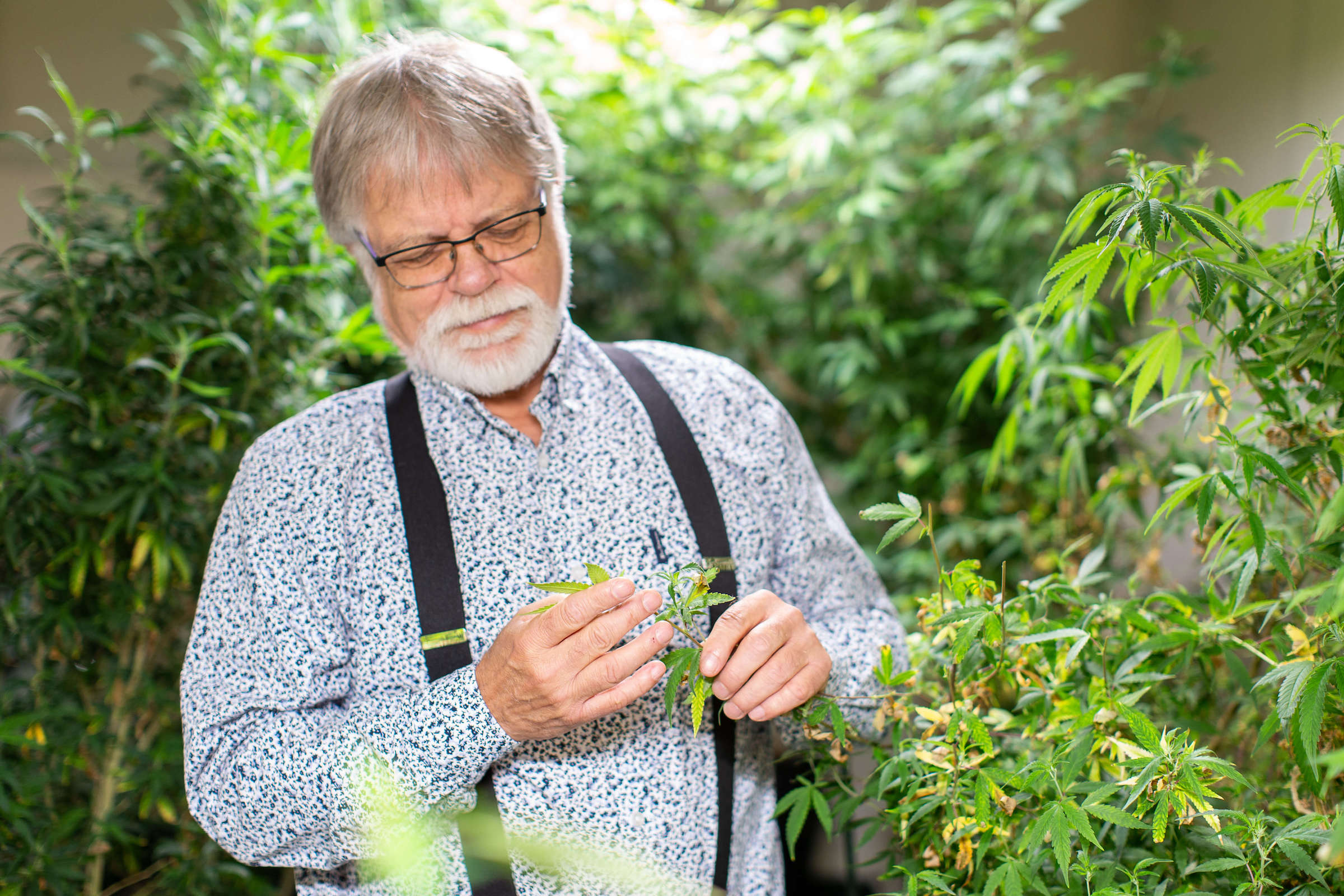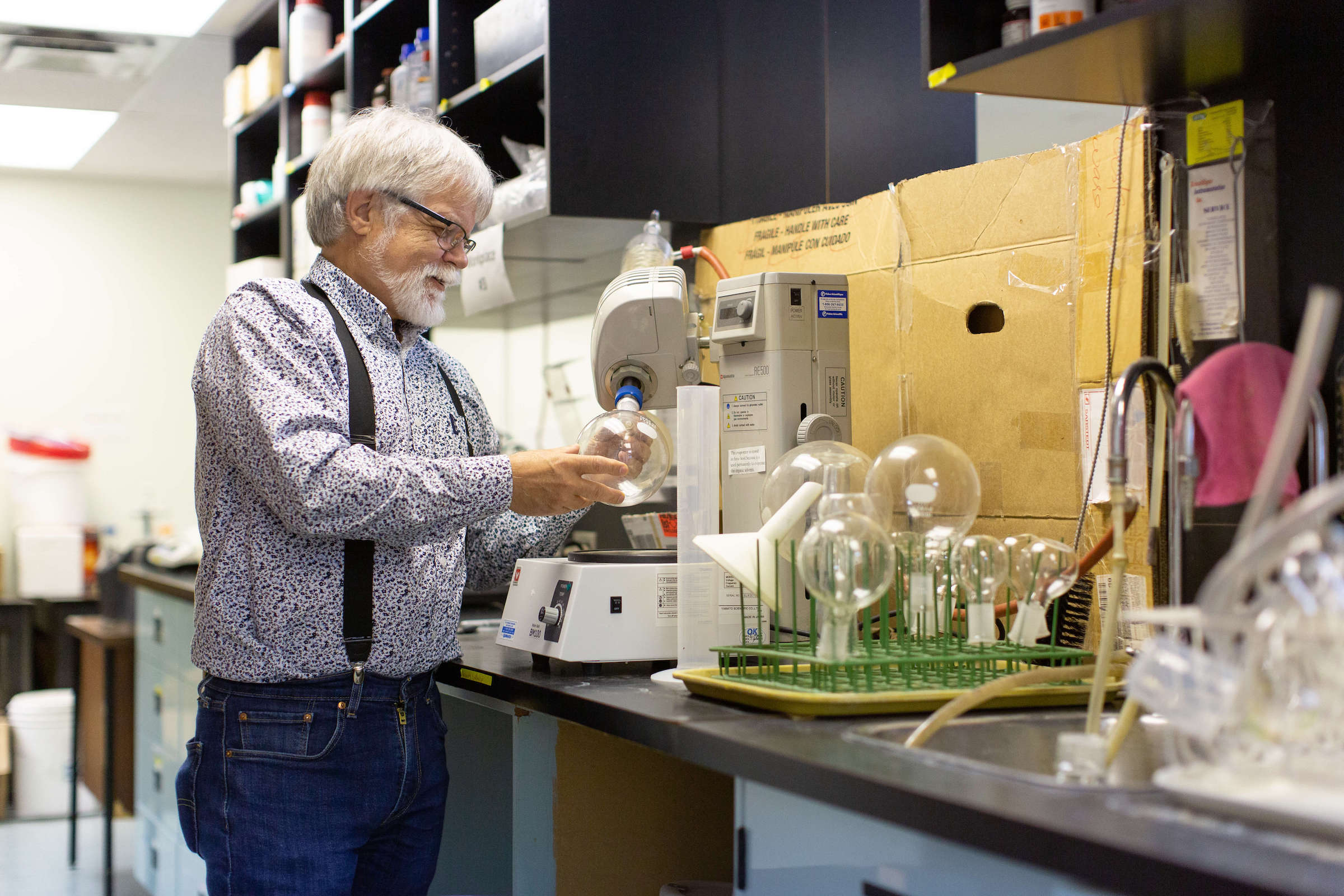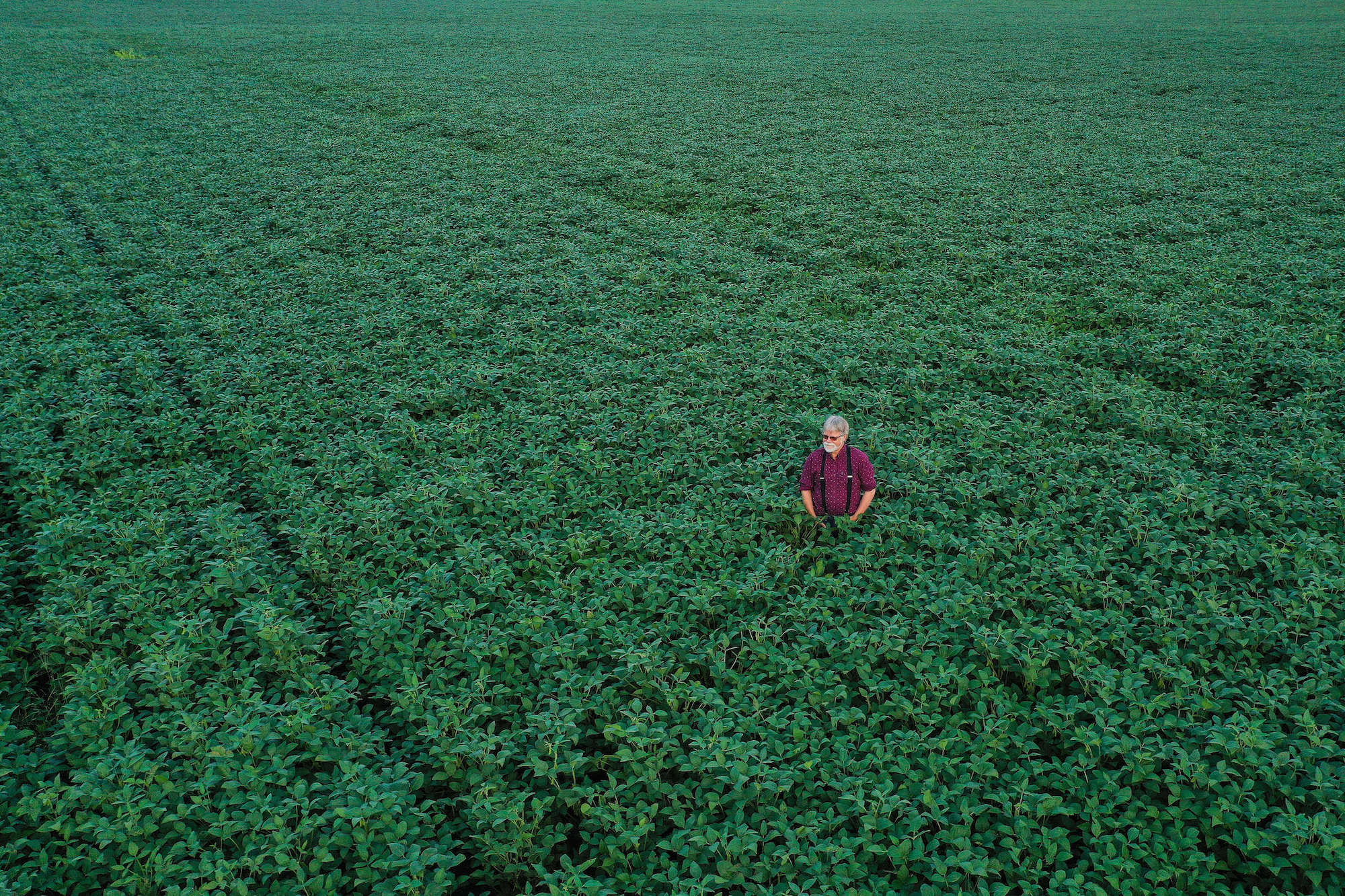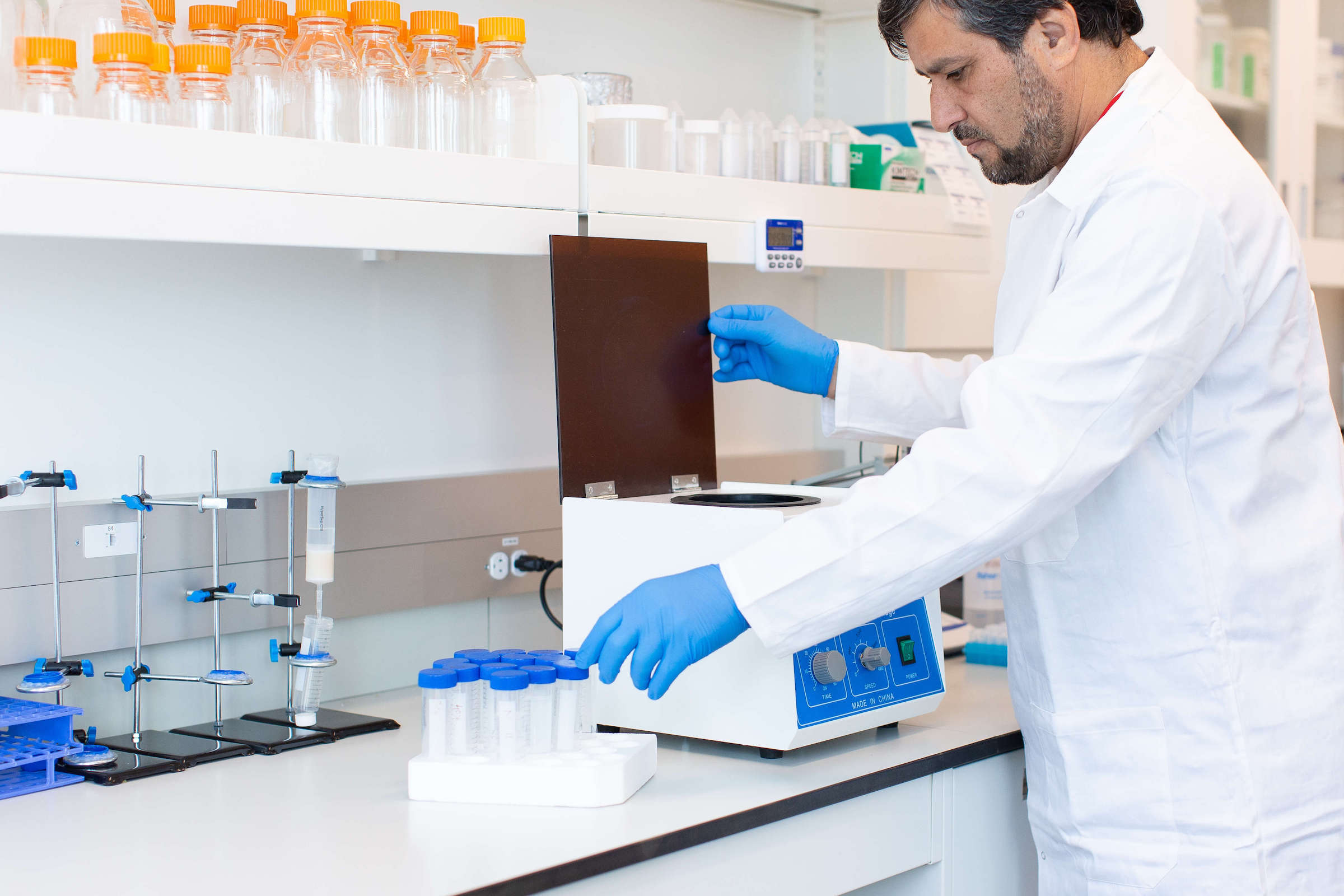
Early Beginnings..
Our origin STORY
CXC™-AG has been years in the making…

Dr. Donald L. Smith, the father of LCO technology, currently deployed in +200 million acres worldwide
The simple reality is that it takes years of lab and field work to get to a biological solution that works as well as ours does. Early Beginnings…
Professor Donald L. Smith is widely known as the father of the LCO technology currently deployed in over +200m acres worldwide. The lineage of Abio™ traces back 35 years ago to when Dr. Smith started his work at McGill University on the holibiont, the phytomicrobiome and plant growth promoting rhizobacteria (PGPRs).
Few scientists on earth possess as much experience as Dr. Smith’s when comes to BioStimulants, BioControls and BioFertilizers. Dr. Smith has consistently advanced the cutting-edge of plant science and is recognized leader in the field as exemplified by his +330 peer-review papers and +20,000 citations. His research is at the core of the CXC™-AG biological portfolio solutions.
While Dr. Smith was perfecting the LCO technology, he was also working on the next-generation of signalling compounds — Abio™ was born. Abio™ outperforms LCOs in a number of ways. For instance, Abio™ does not require any additives It is produced in large quantities by our proprietary microbe.



Dr. Fazli Mabood
Chief Plant Scientist at CXC™-AG
Dr. Smith has not been alone on his journey…his protégé Dr. Mabood Fazli
is a decorated and very successful plant scientist with years of industry experience.
Dr. Fazli is a key part of the CXC™-AG team.
CXC™-AG has what the world needs…
As the global population increase, farmland is reducing. Climate change is bringing more and more abiotic stress events and making crop yields smaller. Our soils are degrading with intensive synthetic fertilizer and chemical use. How can we feed the planet facing these challenges? The answer is in biologicals.
OUR JOURNEY FROM
1945 UNTIL TODAY
1945
Bacillin, A new antibiotic substance from a soil isolate of Bacillus subtiles
1979
1979 - Dr. Smith publishes first paper working with soil organisms (Bradyrhizobias)
1993
The Structures and Biological activities of Lipo-oligosaccharides nodulation signals produced by Brady Rhizobia
1996
Bio Agriculture Inc. (NORAG) is founded
1997
Application of plant growth-promoting rhizobacteria to soybean (Glycine max [L.]Merr.) increases protein and dry matter yield under short-seasonconditions.
1999
Discovered the organism Bacillus Thuringiensis NEB 17 (that produces Thuricin 17)
Flavonoid Use Patent for enhancing Yield
2002
Methods and compositions for production of lipo-chito oligosaccharides by rhizobacteria.
2004
Dr. Mabood joins Dr. Smith lab
2005
Jasmonates as a new class of signaling molecules in Bradyrhizobium-soybean symbiosis
LCO Technology is transferred to Agribiotics
2006
Work begins on isolating compounds from NEB 17
2007
Compound identified as Thuricin 17
Novozymes Aquires Philom Bios 2007 - Patent for production and composition of LCO's
Thuricin 17 mode of action shows same behavior as LCO's
Agribiotics is bought by EMD/ Merck Crop Biosciences Inc.
2008
Stability and antibacterial activity of bacteriocins produced by Bacillus thuringiensis and Bacillus thuringiensis ssp. kurstaki
Thuricin 17 identified as a peptide
2009
The class IId bacteriocin Thuricin 17 increases plant growth
2010
Novozymes Aquires EMD/Merck Crop BioSciences Inc.
2012
Novozymes starts selling LCO's
2013
Thuricin 17 increased efficiency versus LCO's identified
2015
Soybean is less impacted by water stress using Bradyrhizobium japonicum and Thuricin-17
2019
CXC is founded
CXC agree to invest in McGill University IP. One of them the science on microbial signalling compounds
2020
Proprietary strains of different species are registered and deposited in IDAC
Thuricin 17 renamed Bacillin 20. Commercial name Abio™
2021
Dr. Mabood joins CXC and establishes a focused research center on SMC - PGPR Origin
2022
CXC third-party field research begins
As the global population increases, farmland is reducing. Climate change is bringing more and more abiotic stress events and making crop yields smaller. Our soils are degrading with intensive synthetic fertilizer and chemical use. How can we feed the planet facing these challenges? The answer is in biologicals.
CXC-AG has the organisms
CXC-AG has the compounds
CXC-AG has the scientific firepower
CXC-AG has the method
And we have years of results to back our claims.
For more information on the investment opportunity, please use the Contact Form. To read more on the agricultural technology aspect of what CXC-AG is offering, please check out the About CXC-AG and Agricultural Technology or the Agricultural Technology Page.
